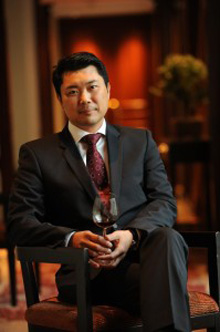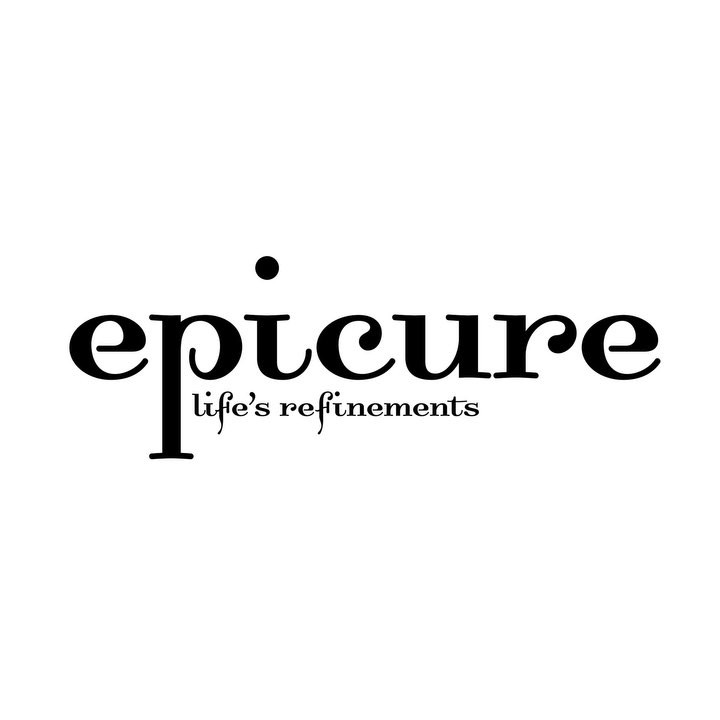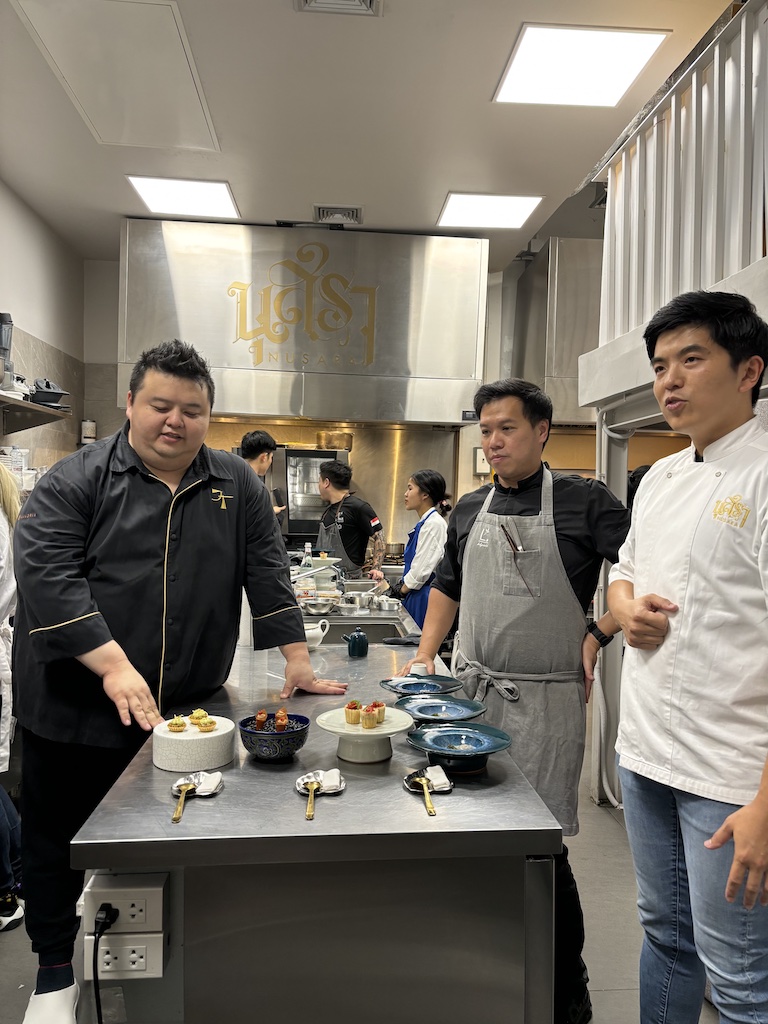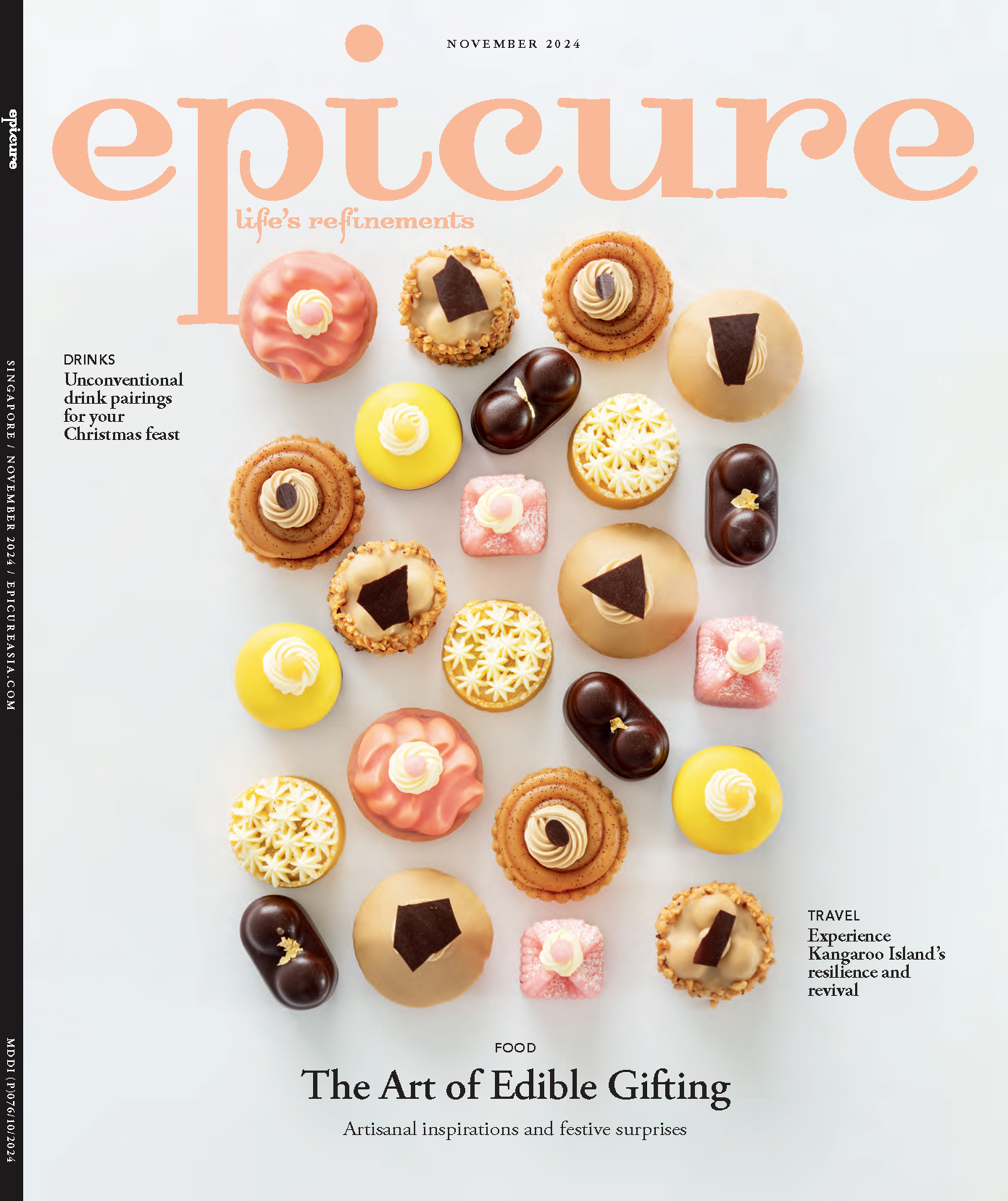China rising
With more foreign wineries investing in the country’s wine regions, the Chinese wine industry is getting the stimulus it needs to steadily shape the country into Asia’s winemaking powerhouse.
 When Torres, a Spanish wine group, was selecting a Chinese partner to help produce wines in China: the company went for Grace Vineyards, a father-and-daughter owned winery in Shanxi. “We are a family run company, and we feel closer to those that are like us: they’d think the same way we do,” says Miguel A. Torres, the winery’s president who led Torres into China 15 years ago to explore the possibility of doing bottling operations. In 2002, they established the distribution company, Torres China, in Shanghai.
When Torres, a Spanish wine group, was selecting a Chinese partner to help produce wines in China: the company went for Grace Vineyards, a father-and-daughter owned winery in Shanxi. “We are a family run company, and we feel closer to those that are like us: they’d think the same way we do,” says Miguel A. Torres, the winery’s president who led Torres into China 15 years ago to explore the possibility of doing bottling operations. In 2002, they established the distribution company, Torres China, in Shanghai.
Torres makes two wines with Grace Vineyard: a Muscat and a Merlot blend. They form the Symphony Series and are sold under the name of their Chinese partner, with a Torres logo on the label that acts as an “endorsement”. “We don’t own any vineyards at Grace; we simply work together to select the best plots,” adds A. Torres. “[Grace Vineyard] makes quality wines with 100 percent Chinese grapes, and, unlike other wineries, do not blend their products with imported bulk juice.”
He doesn’t think the scandals of counterfeit quaffs in China would pose a risk to his business. “It’s like in every country and sector, you have to choose the right partner whom you can trust,” he says.
Although not a vintner, Austrian crystal purveyor, Swarovski, set up Bodega Langes—named after the company’s Austrian tycoon, Gernot Langes-Swarovski, who is an oenophile—in Changli, Hebei, a province in northern China in 1999. In tune with Swarovski’s luxury lifestyle image, Bodega Langes now has 200 hectares of vineyards in sandy soils nestling beside a villa with restaurants, a wine school and a luxury hotel.
Excerpt from the June issue of epicure.
SHARE

















 SUBSCRIBE
SUBSCRIBE